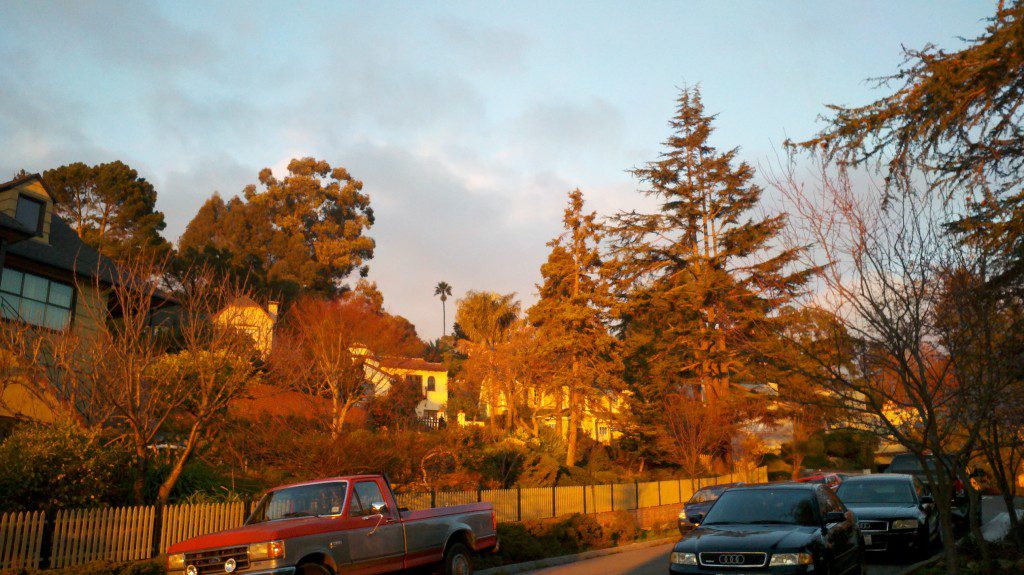
OK, I understand that training for adoption and foster parenting has to kick you in the gut a little, to weed out those who aren’t serious or prepared.
But thinking back on our training earlier this year, I was not prepared for the grim, relentless focus on terrible situations and broken placements, violence, and trouble. Were they trying to crush our spirits and make us change our minds?
I tried to keep a positive attitude. While others in the training (and my partner Jay) were alternately alarmed or disgusted with the dark and dreary tone of the training, I tried to see the reason for it, tried to understand why they were focusing on this.
OK, here I should mention that some have called me a Pollyanna, and maybe not meant it as a compliment. But even I felt kind of battered many days after training.
After we left one session Jay was so shaken I was pretty sure he would not agree to go back. But as often happens, he surprised me. The next week we were right back there, watching poorly produced videos and doing not-terribly-inspiring training exercises. (Months later, after an awful “picnic” to meet kids when I was incredibly discouraged, Jay did something similar and rallied to the positive side, saying that we should trust in the process, since it’s the process we’ve got and the one we’re committed to. He can out-Pollyanna even me when the situation calls for it!)
At one point our trainer acknowledged that if they didn’t warn us about every awful thing, we could sue them if something bad happened. (It was like a banner for tort reform!) And I have to say like many systems the foster care/adoption system does seem to be geared to a huge degree to avoiding the mistakes and problems of the past.
The checklist of requirements for a foster home is startling:
- you can’t have a child sleep in a closet,
- the child must have a light fixture in their room to be able to read and do homework,
- the sheets on their bed must be clean (and there have to be sheets),
- you must have running water!
They didn’t include that we can’t put the kids to work in a factory, but covered just about every other horror you can think of.
But what really got me was trying to wrap my mind around the fact that they write these rules out because these things have really happened to somebody. I don’t want to believe it — something in my brain short circuits when trying to take this in.
So while I really wish foster and adoptive parent training would focus more on constructive approaches to the issues and challenges that can come up, I did have one big realization that I think will be super important when the time comes. For us, wanting for so long to be parents, adoption will be a great joy. It will be something we really, really want.
But for the kids, pulled away from the only family they’ve known, adoption will probably initially feel really scary and unpleasant. While it’s my belief it will be a blessing to them in the long run, in the moment, it will be all kinds of things. While I resisted seeing this, it now seems clear to me: often even adults would rather stay with what we know, however dysfunctional, than into something new and unfamiliar. And for kids, who depend on adults for survival, this must be multiplied many times.
So while my focus is going to be on giving the kids lots of positive experiences, I realize that it’s every bit as important to support them when they’re terrified by or unsure of us, or grieving the loss of their previous family, or just kind of bummed out.
My intuition tells me these kids will be the greatest thing to ever happen to us. And I think one of the best things we can give them is permission to find out that they’re in a good place in their own time, and support them even when they want to go back to an unsafe, untenable home. They can’t go back of course, but letting them want to, understanding the feeling, seems important. It just means they’re human.

